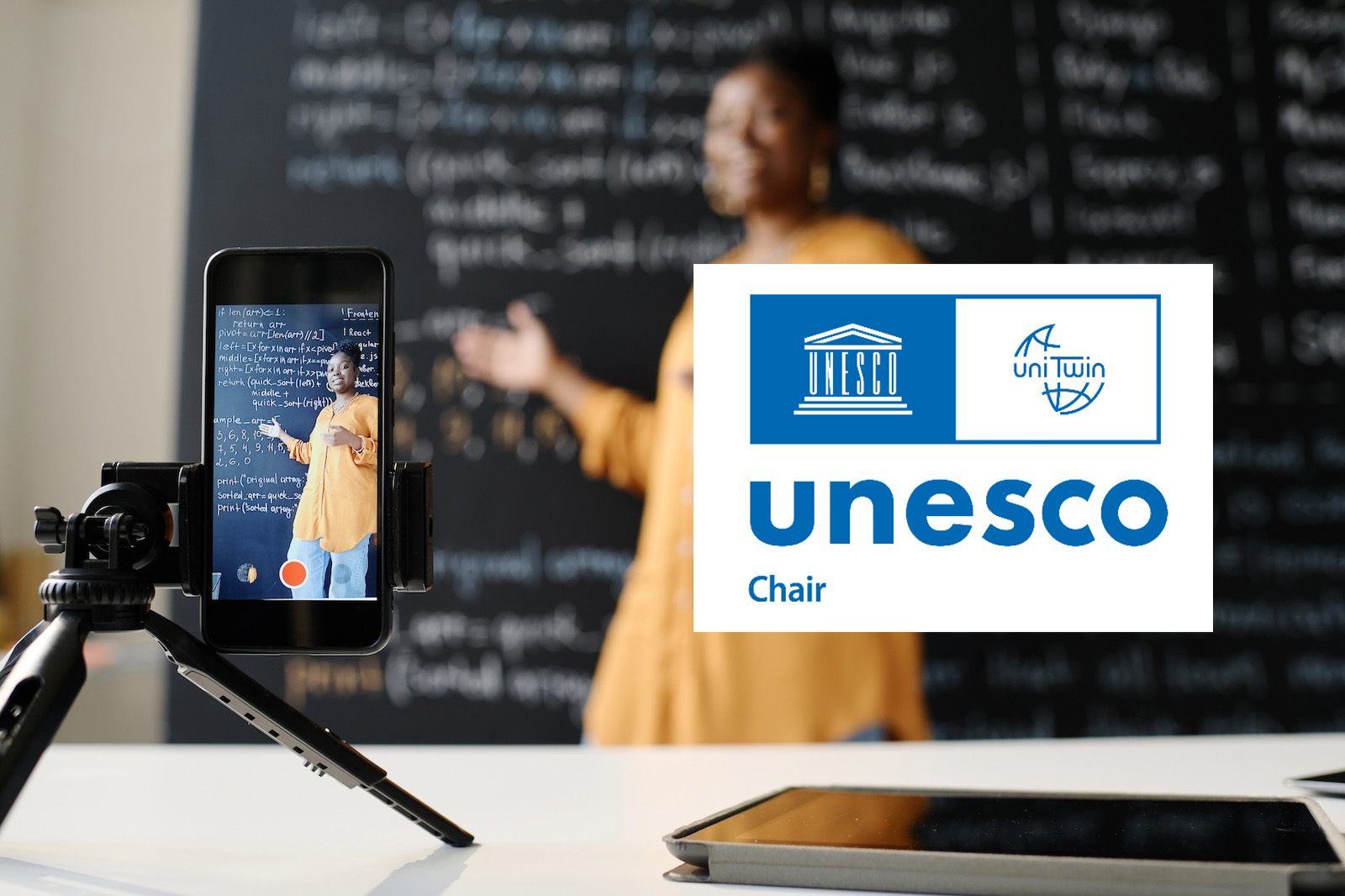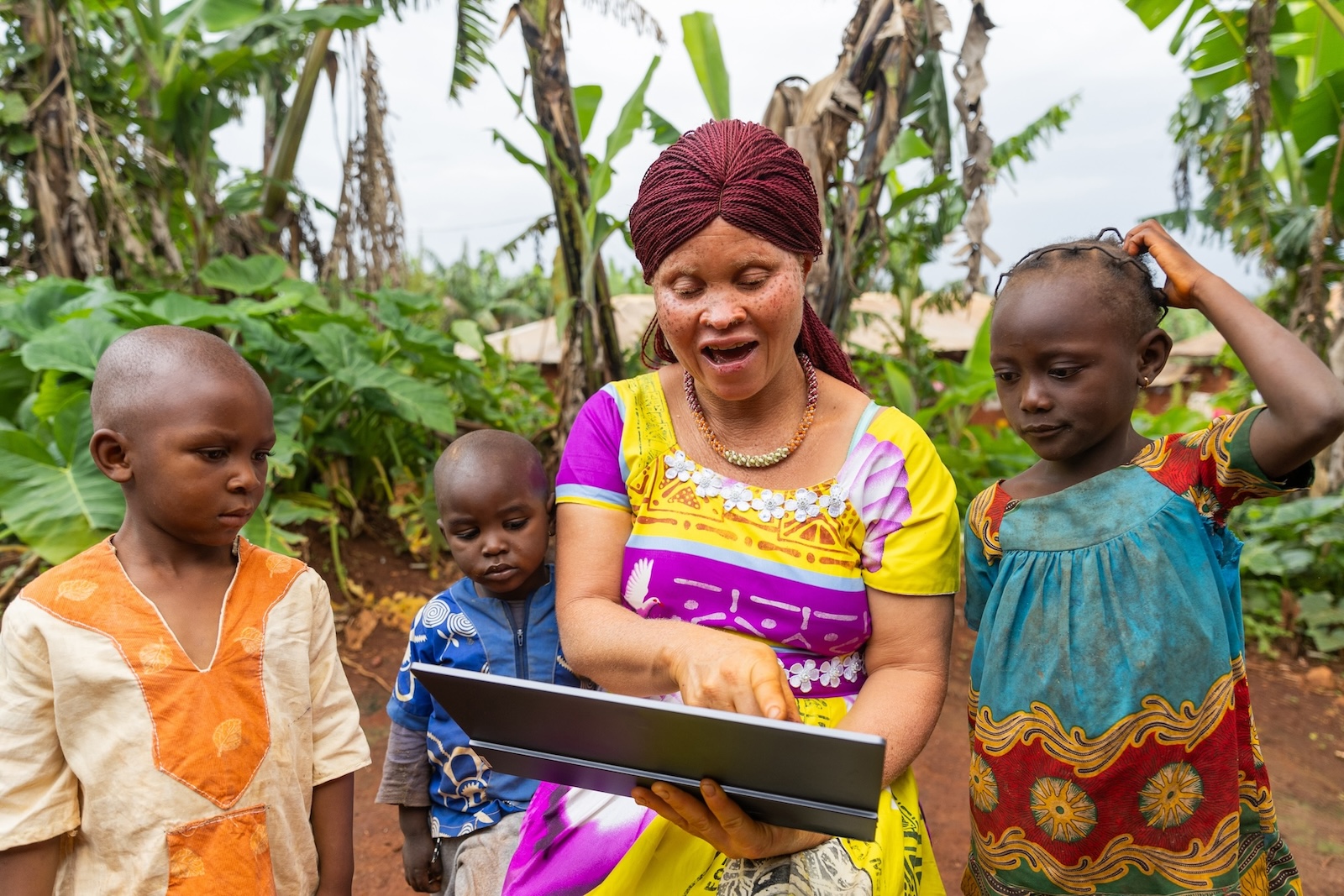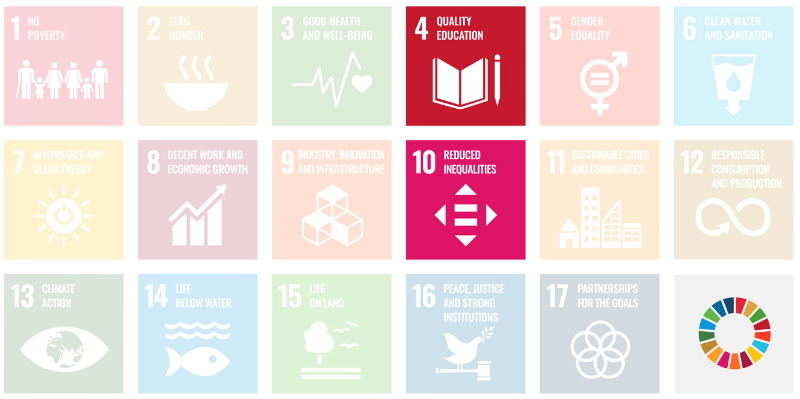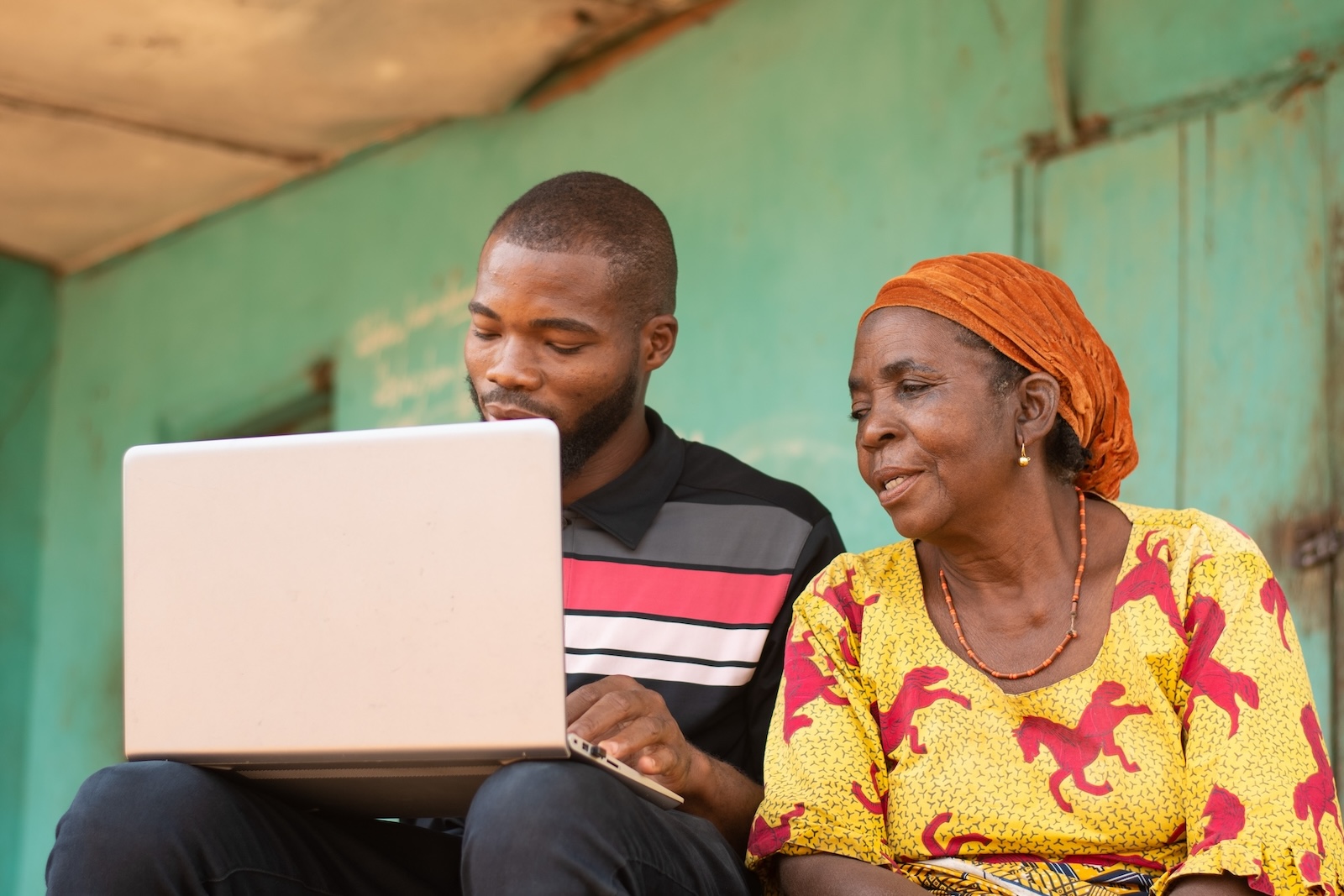
Prof John Traxler
Professor in Digital Learning

The Chair aims to focus, consolidate, extend, critique, theorise and synthesise existing relationships, collaborations and initiatives that explore aspects of disadvantage, disempowerment and development amongst different and disparate communities. It aims to problematize the roles of research, learning and technology in the context of informal digital learning.
The Chair also organises, coordinates and consolidates a research community at the intersection of education and digital technology. This community will address problems of economic and cultural development and disadvantage, specifically in contexts where global economic and technological forces threaten to reduce opportunity and inclusion, and to complicate and reinforce digital divides.
The term 'Developments contexts' describes communities in the Global South that are not technologically or economically privileged; “disadvantaged contexts” describes similar communities in the Global North.
What unites these communities is their distance and difference from mainstream, national, Western or Global norms and resources, and the ways in which this impairs their capacity to live fulfilling lives.
The UNESCO Chair has several complementary aims, firstly to explore research tools and techniques that would enable more authentic understandings with these communities, secondly to adapt innovative pedagogies to empower their learning and deploy free and familiar web2.0 technologies to deliver this learning.

Increasingly digital learning is about the ownership and control of learning by learners. Typical emerging ideas substantiating this point include:
These are by definition self-sustaining and adaptive, both culturally and materially. Their continued adaptation, promotion, evaluation and dissemination are key themes, based on innovative research tools and ethics that enhance the authenticity and specificity of the learners’ voices and those of their communities. This is in a context of a critical and rigorous awareness that the pedagogies, languages, cultures and values of many marginal communities, away from the national, epistemological or economic mainstream, are threatened by the drive to scale, the need to present success, the mind-sets of officials and the demands of funders.
Consequently, this will be coupled with a critique of the ways in which policy, funding, dissemination, history, culture and capacity skew, filter and bias the evidence, reasoning and understanding of the effectiveness and ethics of programmes, pilots and projects that attempt to tackle disadvantage, as do the dominance of Anglophone American digital corporations, and the global knowledge economy. This has to be seen within a wider agenda of decolonising development studies research and its parallels within disadvantaged contexts of developed regions.
Our UNESCO Chair activities are relevant to SDGs 4 and 10.

The UNESCO Chairs programme mobilises education and research expertise to address the interdependent challenges of today’s increasingly complex world. UNESCO Chairs are based within Institutes for Higher Education and specialise in specific research fields. In the UK they provide policy advice to the UK National Commission for UNESCO and HM government, as well as reviewing UNESCO applications.


For more information, or to get in touch with us please contact:
Dr Matt Smith
Chair Coordinator
(+44) 01902 322889
matt.smith@wlv.ac.uk